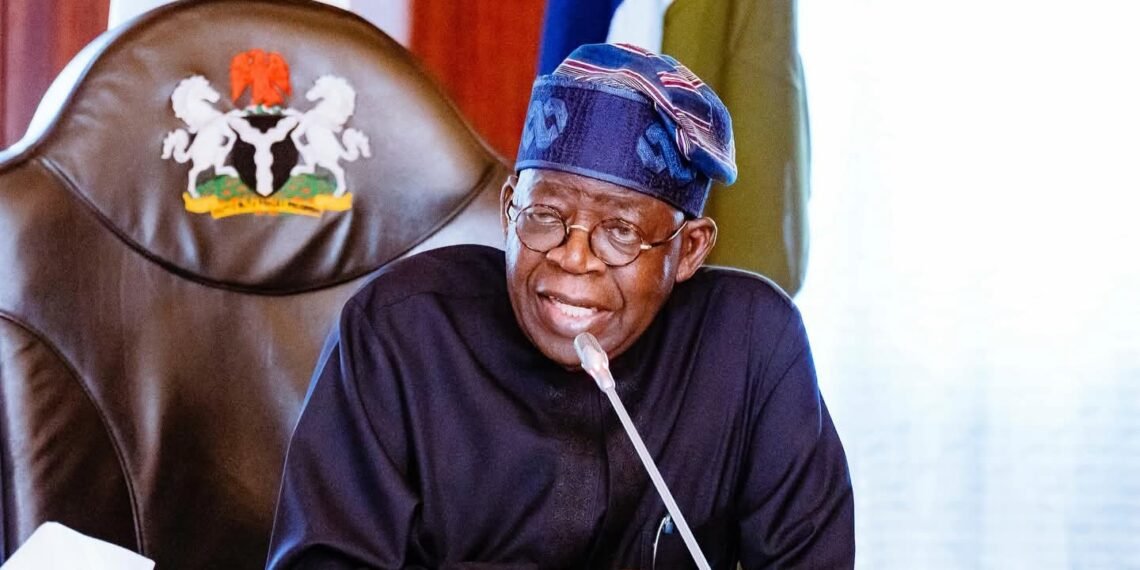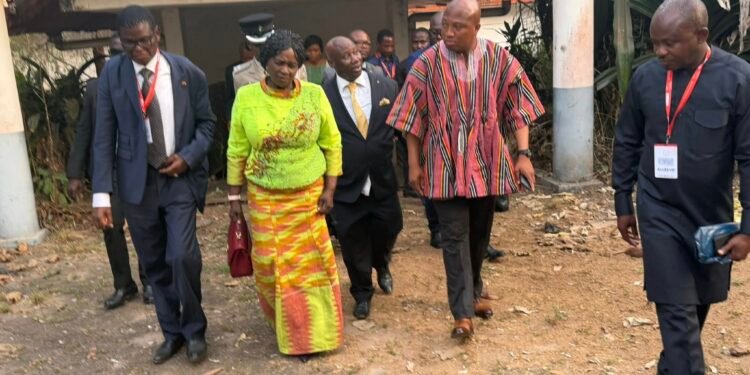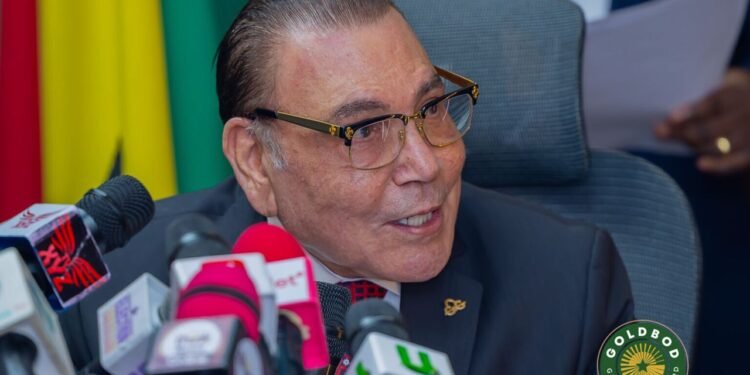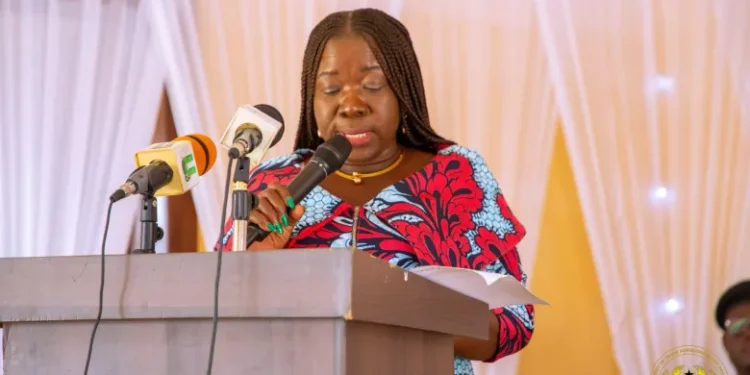Nigeria is firmly on course to achieve its annual non-oil revenue target, the Presidency has said, pointing to new data showing the sharpest fiscal performance in the nation’s recent history.
In a statement issued by the President’s Special Adviser on Information and Strategy, Bayo Onanuga, the government revealed that sweeping fiscal reforms, improved tax compliance, and digitised revenue systems had pushed collections to unprecedented levels.
The statement, titled ‘Nigeria’s Non-oil Revenues Power Strongest Fiscal Performance In Recent History’, disclosed that between January and August 2025, non-oil revenues climbed to N20.59 trillion. This marks a 40.5 percent rise from N14.6 trillion collected during the same period in 2024.
Onanuga noted that the figures signalled a historic shift. “Nigeria’s fiscal foundations are being reshaped. For the first time in decades, oil is no longer the dominant driver of government revenue,” he said.
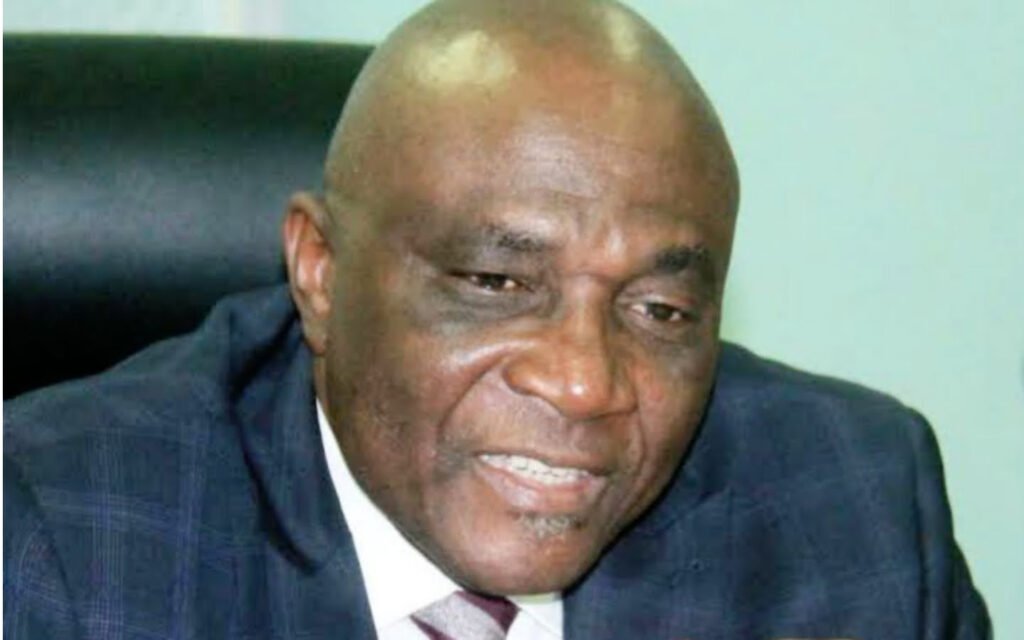
According to the Presidency, the performance reflects deliberate reforms. Measures such as improved enforcement, Customs automation, and the adoption of digital tax filing were credited for the upsurge. “The task ahead is to ensure these gains are felt in better schools, hospitals, roads, and jobs,” the statement stressed.
Of the total revenue pool, three out of every four naira now come from non-oil sources. Data showed N15.69 trillion generated from non-oil channels alone. Customs revenue also surged, with the service collecting N3.68 trillion in the first half of 2025, exceeding its target by N390 billion. Officials described this outcome as “systemic changes, not one-off windfalls.”
While inflationary pressures and exchange rate adjustments played some role in boosting revenues, the Presidency maintained that the overall improvement was reform-driven.
President Bola Tinubu, addressing members of the Buhari Organisation during a courtesy visit to the State House on Sunday, cited the figures as proof of strengthening public finance. He emphasised that the Federal Government had stopped borrowing from local banks, a decision that has eased strain on the domestic credit market.
Non-Oil Surge Strengthens State And Local Spending
The fiscal gains have begun rippling through sub-national levels. For the first time, monthly allocations to Nigeria’s 36 states and 774 local governments surpassed N2tn in July, fuelled by higher Federation Account disbursements.
Officials explained that this broader fiscal space now empowers states to ramp up investments in infrastructure, agriculture, and social services. The Presidency argued that such improvements reflect Tinubu’s inclusive growth agenda. “Resources are being directed closer to the people,” the statement declared.
Nevertheless, authorities cautioned that while progress is encouraging, the government’s ambitions stretch further. Current non-oil revenues still fall short of the scale needed to finance large-scale improvements in education, healthcare, and nationwide infrastructure.
Despite the upward trend, challenges remain in the oil sector. Oil-linked revenues have been constrained by falling global crude prices and Nigeria’s inability to meet production targets. The Presidency admitted this shortfall had impacted overall revenue, though it did not undermine the momentum of non-oil growth.
The Budget Office is expected to provide a final year-end validation of revenue performance, which will confirm whether the targets have been fully met.
“Revenues are rising, the base is broadening, and reforms are working. The priority is translating these numbers into real relief for citizens by putting food on the table, creating jobs for young people, and investing in roads, schools, and hospitals.”
The Presidency
As such, Nigeria’s surging non-oil revenues underscore the impact of fiscal reforms, yet the ultimate test remains how effectively these gains translate into jobs, infrastructure, and real relief for citizens.
READ ALSO: Prof. Asare Clarifies Stated Misbehavior Amid Removed Chief Justice Controversy

